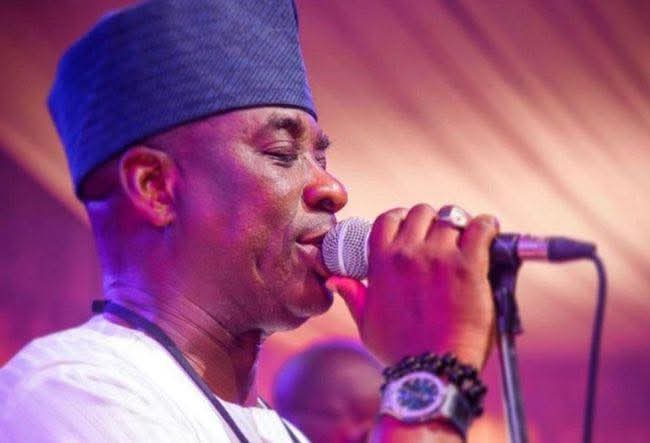. ‘Dangerous, Theeat To Unity;’ everything the Yoruba group said on claim Nigerian Educational Research Development Council, a Federal Government educational institution, endorsed controversial book
The pan-Yoruba socio-political organisation, Afenifere, on Wednesday, warned scholars against the tendency to fuel the embers of discord over their false narrative about the originator of Ile-Ife.
Afenifere’s decision came in the wake of a claim that Igbo people of South-East Nigeria founded Ile-Ife, the cradle of the Yoruba, saying “such a claim is not only false, but a violent attempt to turn history upside down.”
Recall that two Igbo scholars, Tony Duru and Ijeoma Duru, in a jointly authored book years ago, asserted that Igbos were the original inhabitants of Ile-Ife before the acclaimed progenitor of the Yorubas.
However, a statement released by the National Publicity Secretary of Afenifere, Jare Ajayi, in Ibadan, the Oyo State capital, decried what he called the predilection of some Igbo irredentists to instigate avoidable problems by making claims that are not only unfounded but highly provocative.
He quoted the two scholars to have said, “Oduduwa came to displace them and established Yoruba in Ile-Ife.”
Lagos: Mr Governor, This Sacrifice Must Get To Olodumare, By Funke Egbemode
Yorubas Or Binis, Who Founded Lagos? Oba of Benin, Lagos Chief Bicker
Popular Yoruba King Exchanges Blows With Subject In Public, Lands In Hospital
Nigeria’s Top Monarch, Oba Of Benin, Welcomes Quadruplets From 5th Wife
‘He Bought N100k Soap From Herbalist,’ Babcock Varsity Expels Student
According to him, their assertion, which was contained on page 62 of their book entitled: “Standard History Studies for Junior Secondary Schools– Book 1-3,” reads thus: “…historical place of Ife in the history of Yoruba people is connected to the history of their settlement in Ife. Historical evidence proved that the area was originally occupied by Igbo people of Nigerian extraction. Later, Oduduwa and his armies invaded the land and chased the earlier settlers down…”
Ajayi said, “From all indications, buying land and property in Yorubaland does not seem to be enough for these people, having official entitlement to Yorubaland seems to be the target, hence the narrative that Igbos were the original inhabitants of Ile-Ife, the origin of the Yoruba race!
“In this wise, the Yorubas tend to face the challenges of Fulani herders wanting to annexe their land forcefully if possible, while Easterners tend to do the same by laying claim to the very origin of the people!
“Yorubas are not engaged in territorial expansionism. It’s quite paradoxical that the Yorubas are accommodating with open arms, are the very ones trying to displace them from their land.”
The publicity secretary lamented that the dust raised by the unsubstantiated claims of the Igbo concerning Lagos is yet to settle.
“Among such claims were that the city of Lagos is no man’s land. And being no man’s land, anyone, including perhaps the Igbos, can lay claim to it. At another instance, some even claimed that it was Igbo wizardry that built the economy of Lagos.
“Claims such as these serve no useful purpose other than creating gulfs between two people who should explore ways of cooperating with a view to better serve the best interests of their respective populace,” he said
Afenifere spokesman stated that the false claim contained in the book authored by the Durus might be ignored, but for its reported endorsement by the Nigerian Educational Research Development Council, a Federal Government educational institution.
“If it is true that the NERDC endorsed the book, Afenifere is of the strong view that the Council should withdraw such an endorsement as it goes against the mandate of the establishment, which should be among the institutions promoting unity and harmonious relationships between ethnic groups in the country,” he said.
Team Lead Platforms Africa, Adeola Yusuf, Bags PhD
‘Shortly After Tawaf,’ Three Nigerian Pilgrims Die In Mecca + IDENTITIES
He continued, “To Afenifere, the Yoruba have always extended hands of fellowship to their neighbours in the South-East as well as others they come in contact with.
“Unfortunately, many of them abuse the friendly spirit of the Yorubas by trying to overwhelm them and take over their property, including their lands.”
Platforms Africa





